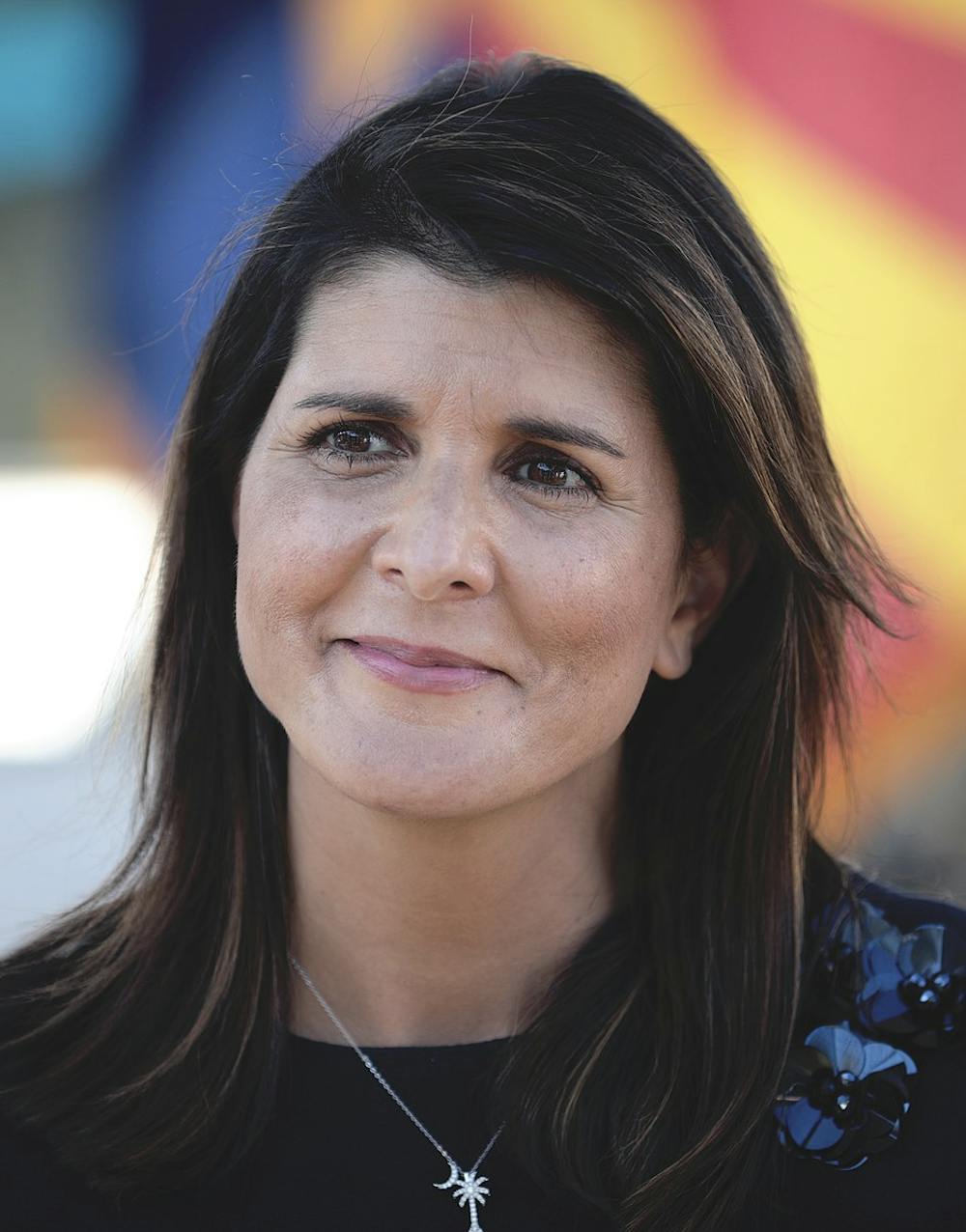By Rajika Chauhan
Staff Writer
The nation’s primary elections are in full swing as the country readies itself for this November’s presidential contest. Beginning in early January with Iowa and New Hampshire, primaries will continue across the 50 states until the Democratic and Republican National Conferences take place over the summer, during which delegates from both parties will select the candidate to represent them in the general election.
This year’s contest has shaped out to be quite predictable, with the major nominee from each party settling out as the current and previous president. In the early days of the primary competition, neither Joe Biden nor Donald Trump were running uncontested, with the Republican race being especially crowded. Steep losses for the candidates running against Trump in the early primaries of Iowa and New Hampshire drove many out of the race, including Florida Gov. Ron DeSantis and businessman Vivek Ramawamy.
Former South Carolina Governor Nikki Haley was for several weeks the lone holdout, persistent in her commitment to the race despite staggering losses in the later Nevada and South Carolina primaries. Haley had positioned herself as a strong and necessary conservative alternative to Trump, arguing that voters deserved to have a choice beyond a default to the former president, according to the New York Times.
Super Tuesday, which took place on March 5, was the biggest deciding night for the candidacy of both parties. According to the New York Times, 854 delegates were at stake in the Republican race, which accounts for more than a third of all delegates available for the nomination. Of all states and districts that have held their primaries thus far, Haley had won only Vermont and Washington DC, trailing Trump with 62 delegates to 751.
Following her losses on Super Tuesday, Haley announced on March 6 that she was suspending her campaign, acknowledging that she no longer had a viable path forward to the nomination.
“I said I wanted Americans to have their voices heard. I have done that,” Haley said in a brief speech in Charleston, South Carolina. “I have no regrets. And while I will no longer be a candidate, I will not stop using my voice for the things I believe in.”
Haley has remained noncommittal in regards to whether she will offer Trump an endorsement for the general election, a move that would be a significant leap given the harsh words she has had for her opponent over the past several months. The competition between the two had grown especially heated in the weeks leading up to Haley’s defeat, with the president calling her “Birdbrain” and Haley making regular reference to Trump’s criminal indictments, according to the Wall Street Journal.
With Haley’s departure, the Republican nomination is firmly in place for Donald Trump, after months of speculation over whether his legal troubles would jeopardize his path to the November election. Biden is similarly secure in his status as the Democratic nominee, with what few opponents he had running against him dropping out after Super Tuesday, and his total electorate count reaching 1,968 as of March 11, according to the Guardian.
The country can now look ahead to a 2024 election with the same names on the ballot as four years ago, although the political climate framing it has changed starkly. The early outcome of the primaries will make this one of the longest general election campaigns in recent memory, offering both candidates a significant amount of time to bolster their own positions.







